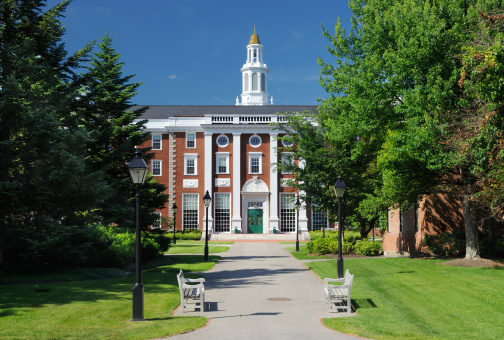 “Colleges need to hold themselves more responsible, or someone else will.”
“Colleges need to hold themselves more responsible, or someone else will.”
That statement came from Microsoft founder Bill Gates during his keynote address this week at the National Association of College and University Business Officers’ (NACUBO) annual meeting in Seattle earlier this week.
Speaking on behalf of the Bill and Melinda Gates Foundation, he urged the more than 3,000 financial officers in attendance to become more transparent by disclosing how much they spend on athletics, expensive dormitories, and administrators whose roles do not directly benefit students. He said it’s almost impossible to compare one university to another, unlike corporate companies in the same sector that can be compared by analyzing their financial statements.
According to Doug Lederman and Ry Rivard of Inside Higher Ed, Gates also warned the audience about the White House’s attempt to create a “simplistic” college scorecard by focusing on completion rates and jobs. He’s concerned that some of the proposed performance funding models for higher education will force open-enrollment institutions, similar to community colleges and those operated by for-profits, to “cherry pick” students and reduce access to higher education for students who need to improve their earnings potential. Gates stated that the for-profit sector has developed excellent student-tracking and support services, while dealing with a student population that is different than the traditional college crowd.
Gates criticized Massive Open Online Courses (MOOCs), stating that most are “mediocre” and “useful for only the most motivated students.” He also predicted, however, that MOOCs will morph into usage similar to a college textbook, with the best instructors in the world providing the lectures for course content and students using the MOOC lecture to assist their learning with other instructors. He further stated that automation of courses is not the answer, and an educated instructor will continue to be the best way of guiding a student’s learning.
According to Inside Higher Ed, the Gates Foundation spent $500 million on higher education projects. American Public University System has been directly involved with some of them, such as the Predictive Analytics Reporting framework (PAR) and Adaptive Learning, and applauds other initiatives to explore learning outcomes and technology on a scale not usually seen in higher education.
Gates may be the most visible lifelong learner in America. Improving education for all is one of his passions and clearly part of the mission of his foundation. In his opening statement, he noted, “It is ironic that academic institutions are so good at studying the world around them, but not themselves” (Inside Higher Ed). This may be his motivating challenge to college and university business officers. How quickly they respond to his call to action could be the difference between institutional survival and failure.











